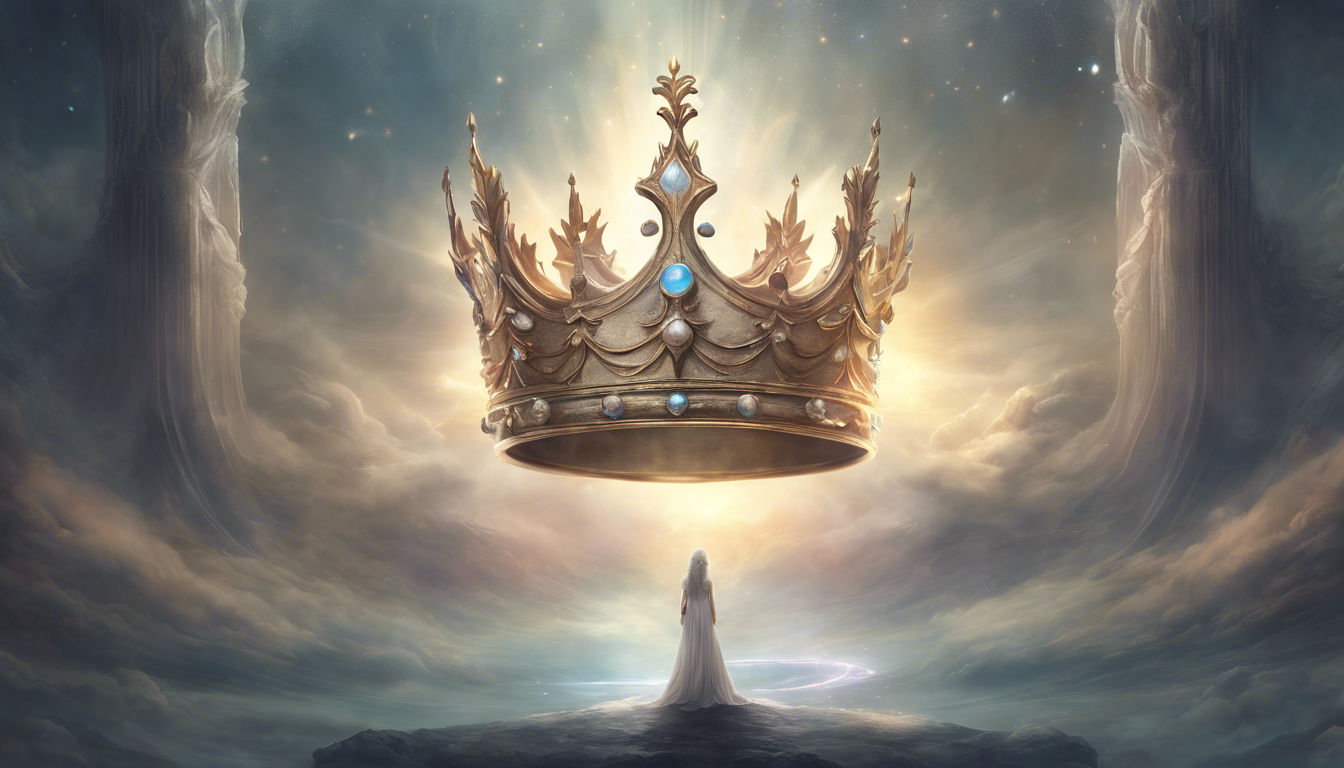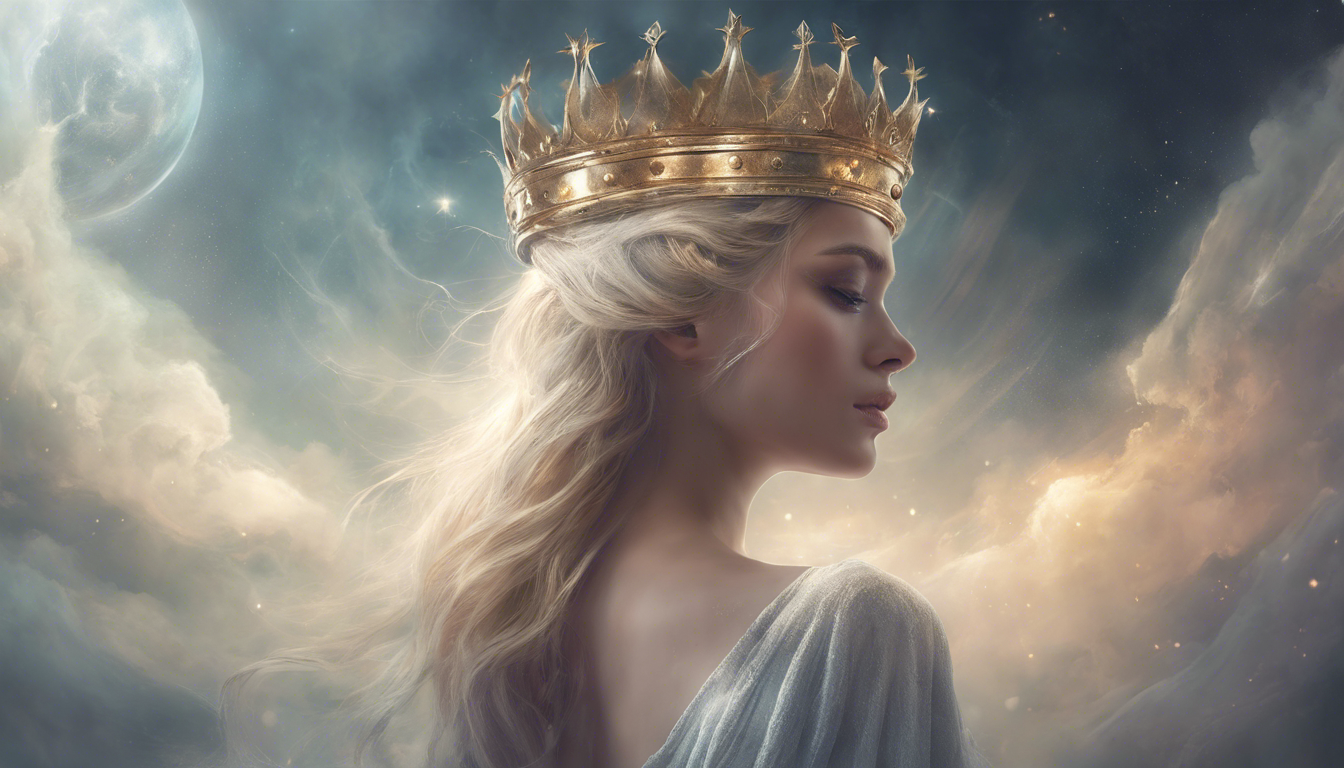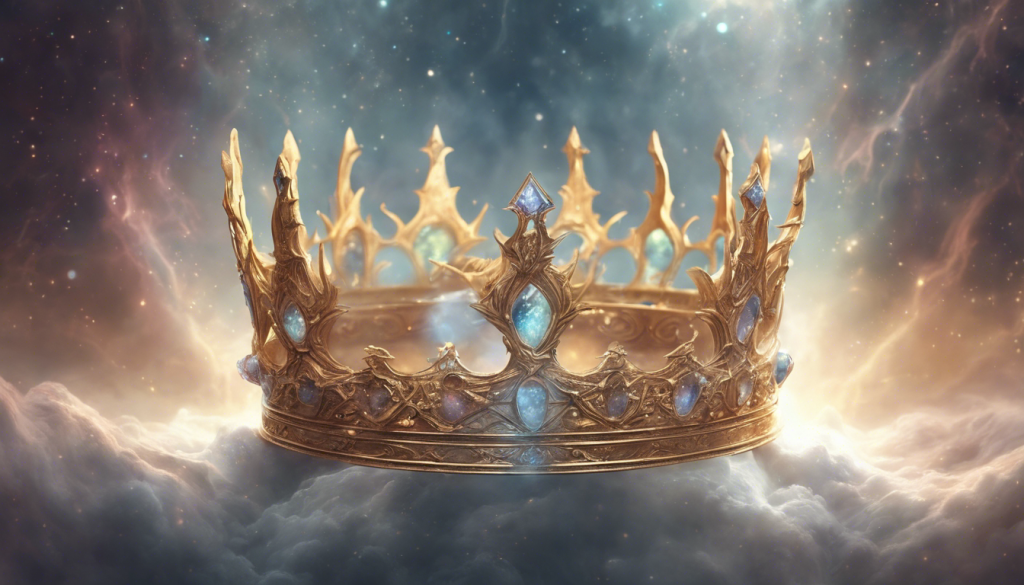What Does A Crown Symbolize In Families? Unveiling The Hidden Meanings
Ever wondered what a crown symbolizes in families? It’s not just about shiny jewels and royal power. A crown is like the ultimate badge of honor, a symbol that carries deep meanings within the family unit. Whether it’s passed down through generations or represents a title earned through hard work, a crown tells a story. And guess what? That story is far more complex than you might think.
Now, let’s get real for a sec. Crowns are not just for kings and queens, y’all. In families, they can represent so much more—legacy, authority, unity, and even love. But what exactly does this symbol mean when it’s tied to the bonds of family? Stick around, because we’re about to dive deep into the world of crowns and uncover their hidden significance.
From ancient traditions to modern interpretations, crowns have played a significant role in shaping family dynamics. Whether it’s a physical crown passed down through generations or an unwritten crown of responsibility, the symbolism runs deep. So, if you’ve ever been curious about what a crown really means in the context of families, you’re in the right place. Let’s get started!
Read also:Inside Job Kpkuang The Untold Story You Need To Know
Understanding the Symbolism of a Crown
Let’s break it down. A crown isn’t just a fancy piece of jewelry; it’s a powerful symbol that carries weight. Historically, crowns have been associated with royalty, power, and authority. But when it comes to families, the meaning takes on a whole new dimension. It’s like the crown becomes a metaphor for something much deeper—something that connects the past, present, and future.
What Makes a Crown So Special?
Here’s the deal: a crown is special because it represents more than just physical beauty. It’s a symbol of achievement, leadership, and responsibility. In families, a crown can signify the head of the household, the keeper of traditions, or even the person who holds the family together. Think about it—every family has its own "crown" figure, whether it’s acknowledged or not.
- Crowns represent leadership and authority.
- They symbolize the transfer of responsibility from one generation to the next.
- A crown can also stand for unity and togetherness.
So, when we talk about what a crown symbolizes in families, we’re really talking about the values and traditions that hold a family together. It’s not just about the crown itself—it’s about what it represents.
The Role of Crowns in Family Traditions
Traditions are the backbone of any family, and crowns often play a central role in these traditions. Think about royal families where crowns are passed down from one generation to the next. It’s not just about the crown itself; it’s about the legacy it carries. For many families, the crown becomes a symbol of continuity and heritage.
How Crowns Shape Family Dynamics
Crowns can shape family dynamics in fascinating ways. They often represent the transfer of power or responsibility, whether it’s official or symbolic. For example, in some cultures, the eldest child might be seen as the "crowned" successor, taking on the role of family leader. In other families, the crown might be passed down based on merit or achievement.
Here’s the kicker: crowns don’t always have to be physical. Sometimes, the "crown" is an unwritten title that comes with certain responsibilities. Maybe it’s the person who organizes family gatherings or the one who keeps the family history alive. Either way, the crown represents something bigger than just a single individual.
Read also:Gal Ritchie Porn Separating Fact From Fiction
The Psychological Impact of a Crown in Families
Now, let’s talk psychology. The presence of a crown—whether literal or metaphorical—can have a profound impact on family dynamics. It can influence how family members perceive themselves and their roles within the family. For some, wearing the "crown" is a source of pride and motivation. For others, it might feel like a heavy burden.
Positive vs. Negative Impacts
On the positive side, crowns can inspire family members to rise to the occasion. They can encourage leadership, responsibility, and a sense of purpose. However, on the flip side, the pressure of wearing the crown can sometimes lead to stress or resentment. It’s all about how the crown is perceived and managed within the family.
- Positive impacts: motivation, leadership, unity.
- Negative impacts: pressure, stress, conflict.
So, it’s important for families to approach the concept of the crown with care. It’s not just about who gets to wear it—it’s about how it’s used to strengthen the family as a whole.
Modern Interpretations of Crowns in Families
Times have changed, and so has the way we interpret crowns in families. In today’s world, the concept of a crown has evolved beyond traditional royalty. Now, it’s more about celebrating individuality and recognizing the unique contributions of each family member. It’s like saying, "Hey, you don’t need a physical crown to be a queen or king in your own right."
Breaking Stereotypes
Modern interpretations of crowns in families often break away from traditional stereotypes. Instead of focusing on gender or birth order, the crown can be awarded based on personal achievements, values, or even quirks that make a family member special. It’s all about embracing diversity and celebrating what makes each family unique.
For example, a family might crown someone as the "King of Comedy" for their ability to make everyone laugh or the "Queen of Crafts" for their creative talents. These playful titles add a fun twist to the concept of the crown while still honoring the values it represents.
Cultural Perspectives on Crowns in Families
Cultures around the world have their own unique interpretations of crowns in families. In some cultures, the crown is a literal symbol of power and authority, while in others, it’s more of a metaphorical concept. Let’s explore how different cultures view the crown and what it means for their families.
African Traditions
In many African cultures, crowns are deeply tied to ancestry and spiritual beliefs. They often represent the connection between the living and the ancestors, symbolizing wisdom and guidance. Families might pass down crowns as a way of honoring their heritage and keeping traditions alive.
Asian Traditions
In Asian cultures, crowns might not always be physical objects, but they still hold significant meaning. They can represent respect, honor, and filial piety. For example, in some families, the eldest son or daughter might be seen as the "crowned" successor, responsible for carrying on the family name and traditions.
The Power of Symbolism in Family Crowns
Symbolism is everything when it comes to crowns in families. Whether it’s a physical crown or a metaphorical one, the symbolism behind it can shape how family members view themselves and their roles. It’s like a reminder of the values and traditions that make a family unique.
Key Symbolic Meanings
Here are some key symbolic meanings of crowns in families:
- Authority and leadership.
- Unity and togetherness.
- Legacy and heritage.
- Responsibility and duty.
Each of these meanings adds depth to the concept of the crown, making it more than just a piece of jewelry or a title. It’s a powerful symbol that can inspire and guide family members through life’s challenges.
Challenges and Conflicts Surrounding Family Crowns
Of course, not everything about crowns in families is sunshine and rainbows. There can be challenges and conflicts when it comes to who gets to wear the crown or what it represents. These issues often arise from differing interpretations of the crown’s meaning or disputes over who deserves to hold the title.
Resolving Conflicts
Resolving conflicts around family crowns requires open communication and mutual respect. It’s important for family members to come together and discuss what the crown means to them and how it can be used to strengthen the family. Sometimes, it’s about redefining the crown’s meaning to make it more inclusive and relevant to everyone.
For example, instead of viewing the crown as a source of power, families might choose to see it as a symbol of collaboration and shared responsibility. This shift in perspective can help reduce conflicts and foster a stronger sense of unity.
Crowns in Popular Culture and Their Influence on Families
Popular culture has played a big role in shaping how we view crowns in families. From movies and TV shows to music and literature, crowns are often portrayed as symbols of power, ambition, and success. These portrayals can influence how families perceive the concept of the crown and what it means to them.
Media Influence
Think about all the times you’ve seen a character in a movie or TV show wearing a crown. It’s usually associated with grandeur and importance, right? This portrayal can inspire families to think about their own crowns in a more aspirational way. It’s like saying, "Hey, we can be just as powerful and influential as those fictional characters."
However, it’s important to remember that media portrayals are often exaggerated. Families need to find their own unique way of interpreting the crown and what it means to them, rather than trying to live up to unrealistic expectations.
The Future of Crowns in Families
As we move forward into the future, the concept of crowns in families is likely to evolve even further. With changing societal norms and values, the way we view crowns will continue to shift. But one thing is certain—the crown will always remain a powerful symbol of family, tradition, and unity.
Adapting to Change
Adapting to change is key when it comes to crowns in families. As families grow and evolve, so too must their understanding of what the crown represents. It’s about finding new ways to honor tradition while embracing the future. Whether it’s through new titles, roles, or responsibilities, the crown will always have a place in the heart of the family.
Conclusion: Embracing the Crown in Your Family
In conclusion, crowns in families are more than just symbols of power and authority. They represent the values, traditions, and unity that hold a family together. Whether it’s a physical crown passed down through generations or a metaphorical title earned through hard work, the crown carries deep meaning and significance.
So, take a moment to think about what the crown means to your family. How does it shape your dynamics? What values does it represent? By embracing the crown and all it stands for, you can strengthen your family bonds and create a legacy that will last for generations.
And remember, the crown isn’t just for kings and queens—it’s for anyone who wears it with pride and purpose. So, go ahead and wear your crown, whatever form it may take. Your family is waiting!
Got thoughts? Drop a comment below or share this article with your family. Let’s keep the conversation going!
Table of Contents
- Understanding the Symbolism of a Crown
- The Role of Crowns in Family Traditions
- The Psychological Impact of a Crown in Families
- Modern Interpretations of Crowns in Families
- Cultural Perspectives on Crowns in Families
- The Power of Symbolism in Family Crowns
- Challenges and Conflicts Surrounding Family Crowns
- Crowns in Popular Culture and Their Influence on Families
- The Future of Crowns in Families
- Conclusion: Embracing the Crown in Your Family


